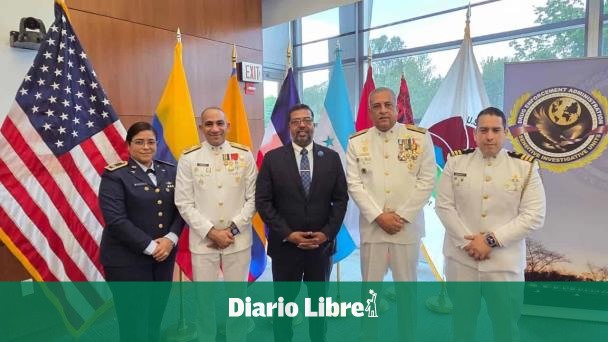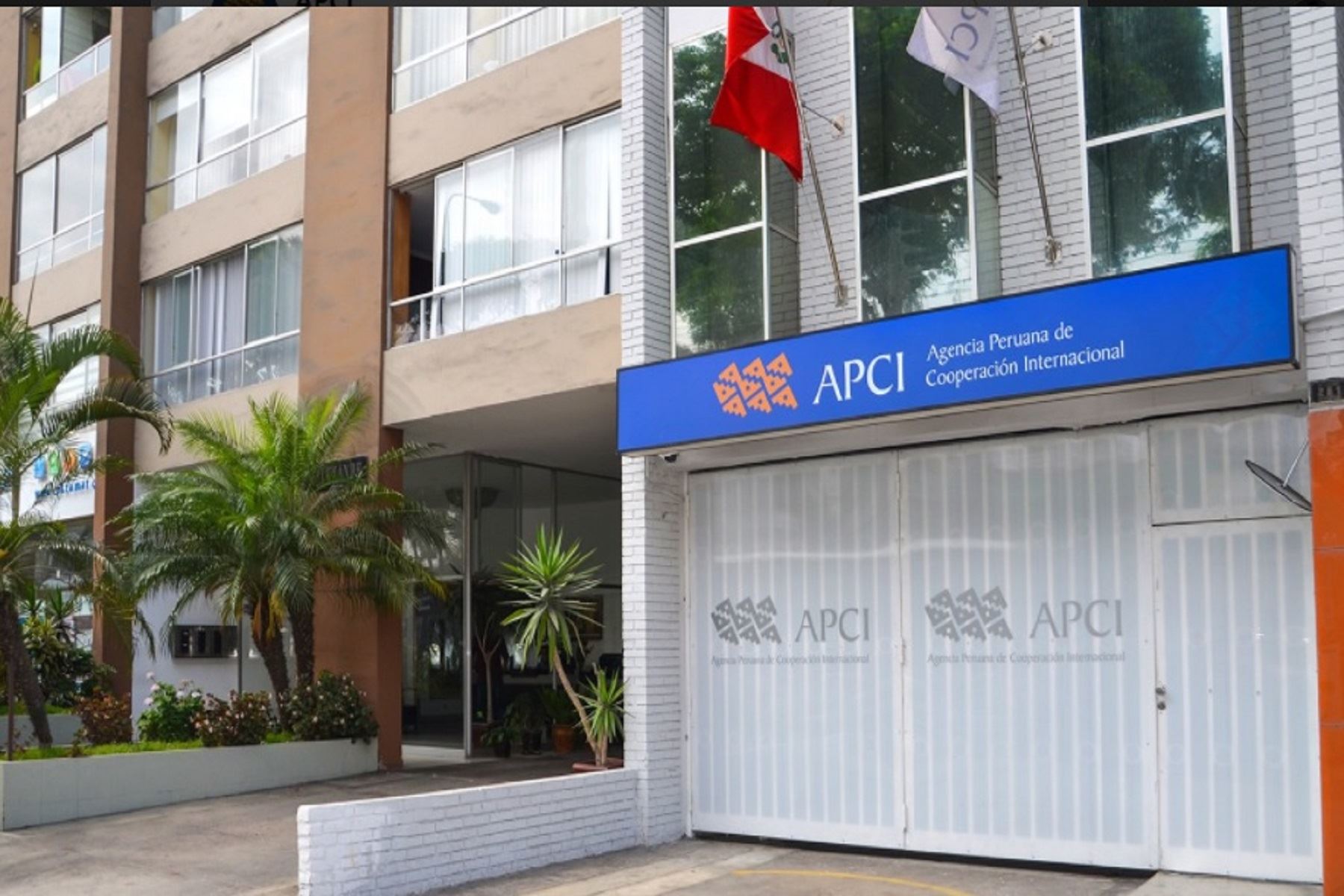Boston Schools Debate: Should Cellphones Be Banned? A Community Leader's Perspective

The debate surrounding cellphone use in Boston schools has reached a critical point, prompting discussions among educators, parents, and community leaders. Recently, I had the privilege of participating in a panel dedicated to formulating recommendations for cellphone and technology policies within our school system. As Executive Director of Sociedad Latina, an organization deeply committed to the well-being and academic success of our youth, I brought a unique perspective to the conversation – one rooted in the lived experiences of the students we serve.
The core of the discussion revolves around a fundamental question: how can we create learning environments that foster focus, engagement, and genuine connection while acknowledging the pervasive presence of technology in our students' lives? There's a growing concern that the constant distraction of cellphones is hindering academic performance and social-emotional development. The allure of social media, games, and instant messaging can be incredibly powerful, pulling students' attention away from lessons and interactions with peers and teachers.
Our panel recognized the validity of these concerns. The idea of a cellphone-free school day, where students can fully immerse themselves in learning and social interaction, holds significant appeal. Imagine a classroom where students are actively engaged, eye contact is maintained, and discussions flow freely, unburdened by the temptation to check notifications. This is the environment we strive to create – a space where young people can truly concentrate, learn, and grow without the constant digital interruptions.
However, a complete ban isn’t necessarily the only or most effective solution. We must also consider the potential benefits of technology in education. Cellphones can be valuable tools for research, collaboration, and accessing educational resources. Furthermore, for some students, cellphones provide a crucial link to family, particularly in situations where transportation or communication challenges exist. Completely restricting access could inadvertently create barriers for these students.
Therefore, our recommendations emphasized a nuanced approach. We advocated for clear, consistent policies that limit cellphone use during instructional time while allowing for responsible integration of technology when it enhances the learning experience. This could involve designated times for cellphone use, specific educational apps, and teacher-led activities that leverage technology’s potential. Crucially, any policy must be accompanied by robust education for students, parents, and teachers on responsible digital citizenship and the importance of mindful technology use.
At Sociedad Latina, we believe that empowering our young people with the skills to navigate the digital world responsibly is paramount. This includes teaching them about the potential pitfalls of excessive screen time, the importance of online safety, and the value of face-to-face communication. Ultimately, our goal is to create a balanced approach that harnesses the benefits of technology while mitigating its potential drawbacks, fostering a learning environment where all students can thrive.
The conversation in Boston schools is just beginning, and it’s vital that we continue to engage in open and honest dialogue with all stakeholders. By working together – educators, parents, students, and community leaders – we can create policies that support the academic success and well-being of our young people.






